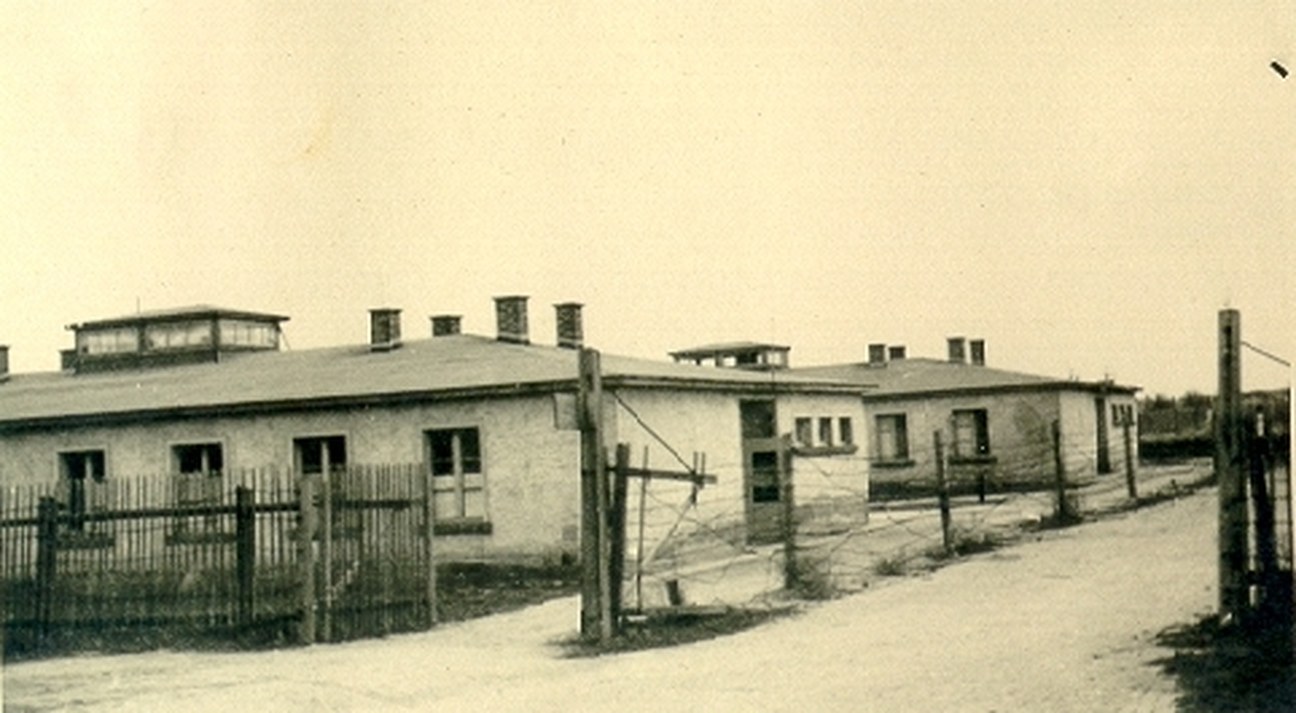Follow up I – legal punishment

Already in the first days after the liberation of Mauthausen concentration camp the US authorities began investigating potential Nazi criminals and imprisoned thousands of SS members and former prisoner functionaries in detention camps.
In the following months the French, British and Soviet occupiers also started investigations in their respective zones and searched for suspicious persons. At the same time limited-term special national legislation was created in many European countries like Poland, Czechoslovakia and also Austria to punish Nazi crimes. The crimes committed in the satellite concentration camp of Melk were addressed not only by military tribunals of the Allied Forces, but also by courts on a national level. In total more than 20 former members of the camp administration and guard detail (primarily members of the Luftwaffe) as well as former prisoner functionaries and civilians were tried, among them the camp commandant Julius Ludolph and the head of the supply magazine Otto Striegel. They were found guilty during the Mauthausen camp trials held by an American military government court on the grounds of the former concentration camp of Dachau in May 1946 and hanged one year later in Landsberg am Lech. In 1947 and 1949 respectively the former Melk concentration camp kapos Fidel Balbas and Uli Schmidt were found guilty by a French military tribunal in Rastatt of murdering several of their fellow prisoners by severely mistreating them and were also executed. The SS medic Gottlieb Muzikant who was responsible for numerous murders in the prisoner sick bay in Melk was also convicted. In 1960 the regional court in Fulda in the Federal Republic of Germany gave him 21 life sentences. The People’s Court of the regional court of Vienna closed three trials related to crimes committed in the satellite concentration camp of Melk with a verdict: civilian Edmund Schödl who worked as electrician for the company Felten und Guilleaume in Melk was sentenced to three years of prison, the former unterkapo Josef Fischer was acquitted and Franz Höger, a Wehrmacht platoon leader who was in charge of guarding the prisoners, was given ten years of prison.